Preterm labor occurs when regular contractions begin to open your cervix before 37 weeks of pregnancy. A full-term pregnancy should last about 40 weeks. If preterm labor can’t be stopped, your baby will be born early. Learn to recognize the signs of preterm labor because it can happen to any pregnant woman.
You may not know that you are having preterm labor. It is common to have preterm contractions (tightening and relaxing of the uterus) and not notice them. Researchers do not know what causes preterm labor in most women.
However, we do know that certain conditions can increase the risk of preterm labor, including:
- A previous preterm delivery
- A history of cervical surgery, such as a LEEP or cone biopsy
- Being pregnant with twins
- Infection in the mother or in the membranes around the baby
- Certain birth defects in the baby
- High blood pressure in the mother
- The bag of water breaks early
- Too much amniotic fluid
- First trimester bleeding
The mother’s health problems or lifestyle choices that can lead to preterm labor include:
- Cigarette smoking
- Illegal drug use, often cocaine and amphetamines
- Physical or severe psychological stress
- Poor weight gain during pregnancy
- Obesity
Problems with the placenta, uterus, or cervix that can lead to preterm labor include:
- When the cervix does not stay closed on its own (cervical incompetence)
- When the shape of the uterus is not normal
- Poor function of the placenta, placental abruption, and placenta previa
Call your medical provider right away if you have any of these warning signs:
- Contractions that make your belly tighten up like a fist every 10 minutes or more often.
- Change in the color of vaginal discharge, or bleeding from the vagina.
- The feeling that baby is pushing down. This is called pelvic pressure.
- Low, dull backache.
- Cramps that feel like your period.
- Belly cramps with or without diarrhea.







